Soil Challenge Week October 2023
Pasture for Life held the second of two Soil Challenge Weeks in 2023, which started on Monday 23rd October, with a series of in-person and online events to learn more about the different soil health tests you can use to monitor soil health.
We collaborated with the Soilmentor to deliver events for members around the country to assess and improve soil health using the Soilmentor app. Pasture for Life members get £80 off the Soilmentor regen subscription. Contact: membership@pastureforlife.org
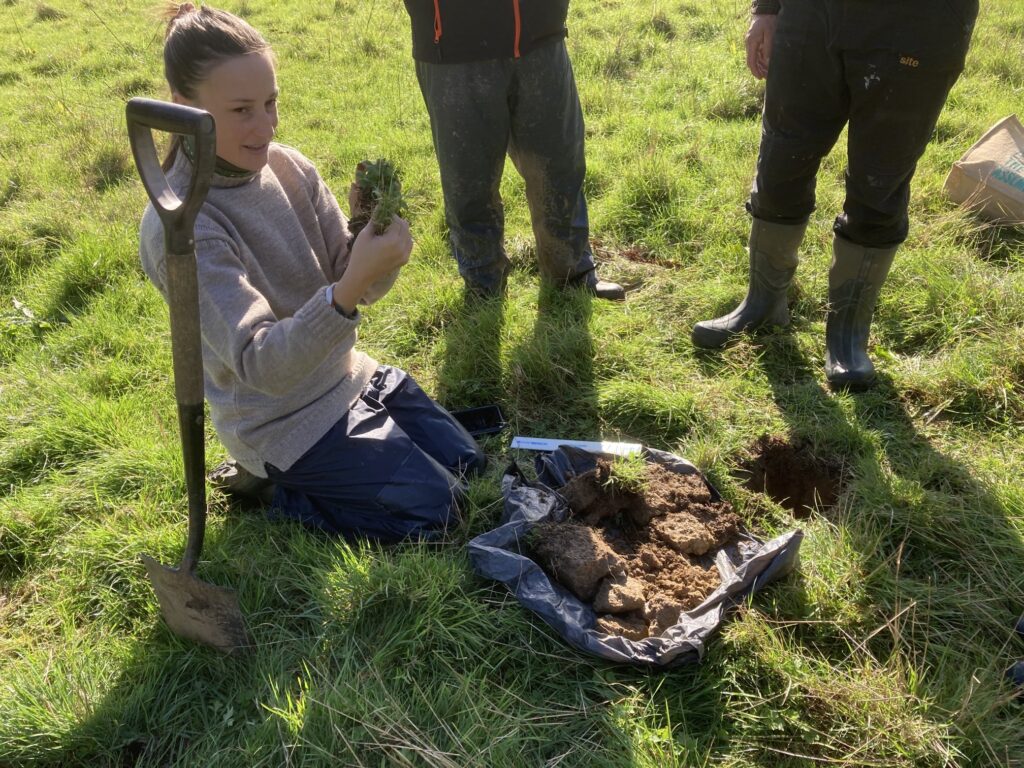 (Photo: Soilmentor training in Kent, by PfL Honorary Vice President, Fidelity Weston)
(Photo: Soilmentor training in Kent, by PfL Honorary Vice President, Fidelity Weston)
Watch the introduction to Soil Challenge Week:
We went through 4 soil health tests:
- Earthworms are an indicator of biological life in the soil, large and small. Easily visible and easy to count, higher numbers can be an indicator of improved soil health. How to and video of this assessment here.
- Legume nodulation assessment can give an inundation of how active the legumes in the sward are, and whether they are fixing nitrogen in the soil. How to and video of this assessment here.
- Rhizosheaths are coatings of soil particles that cling to plant roots, making roots brown instead of white. They are a sign of biological/microbial activity in the rhizosphere (root zone) and indicate the formation of good soil structure. How to and video of this assessment here.
- Deep roots help keep soils healthy, enabling nutrient exchange and increasing drought resilience. Root growth can be limited by compaction, abrupt changes in texture or pH, nutrient deficiencies, low oxygen levels or a high or fluctuating water table. How to and video of this assessment here.
Soilmentor training in Aberdeenshire
A brilliant day with Abby from Soilmentor at the Game and Wildlife Conservation Trust‘s demo farm in Logie Coldstone, Aberdeenshire. The Soilmentor lead workshop focused on the 10 key regen indicators that can be undertaken to help understand the changes on your land, both above and below ground. During the day holes were dug to study the root depth, nodulation of legumes and rhizosheaths.
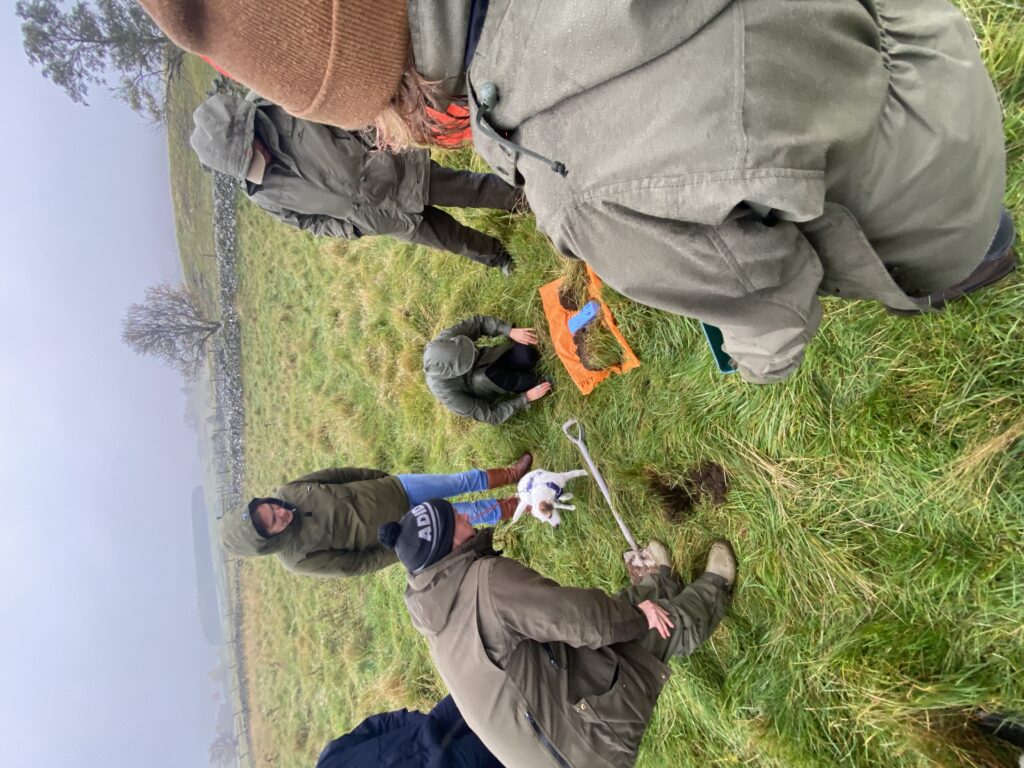 (Photo: by Membership Manager, Bryony Petty)
(Photo: by Membership Manager, Bryony Petty)
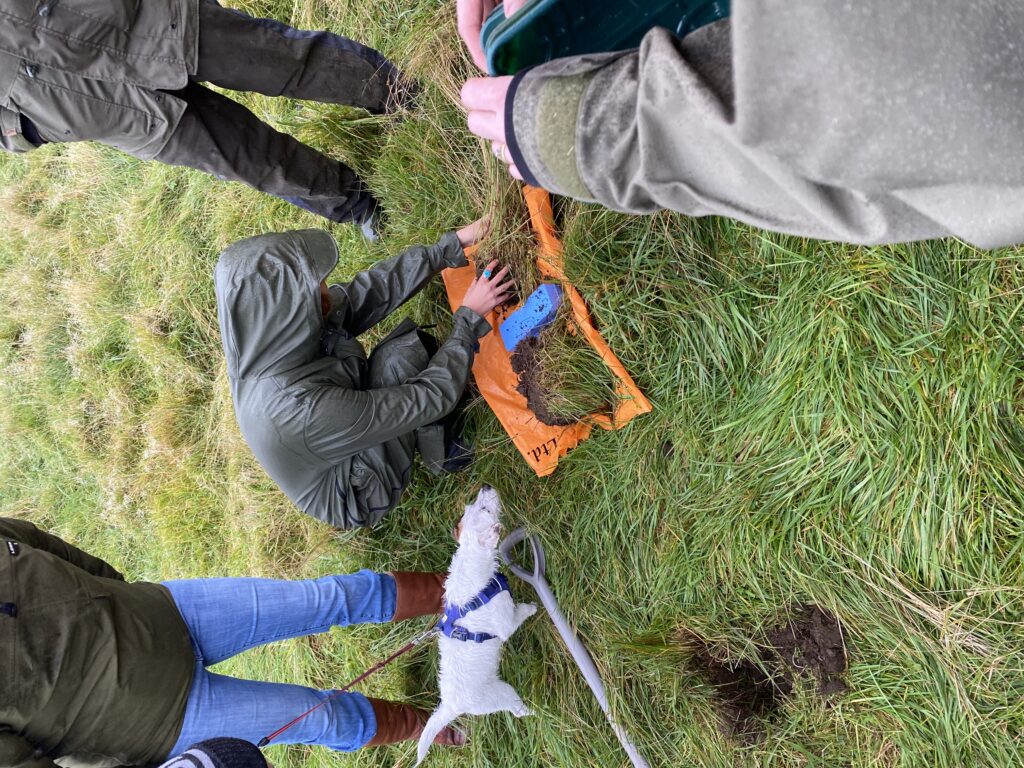 (Photo: by Membership Manager, Bryony Petty)
(Photo: by Membership Manager, Bryony Petty)
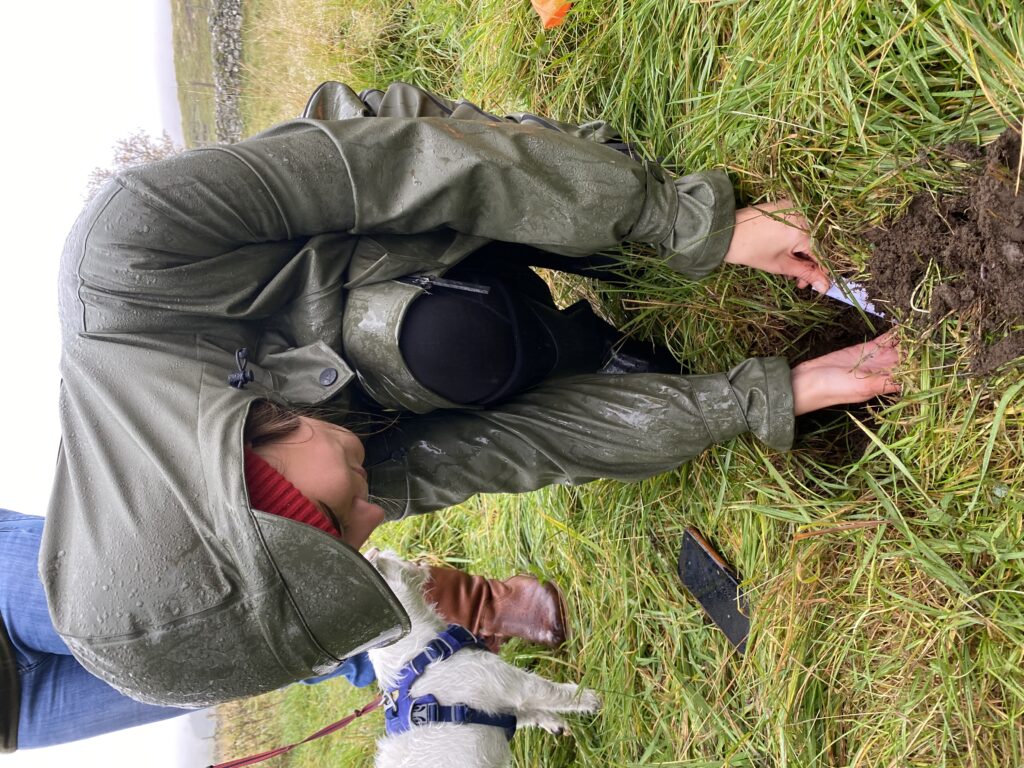 (Photo: by Membership Manager, Bryony Petty)
(Photo: by Membership Manager, Bryony Petty)
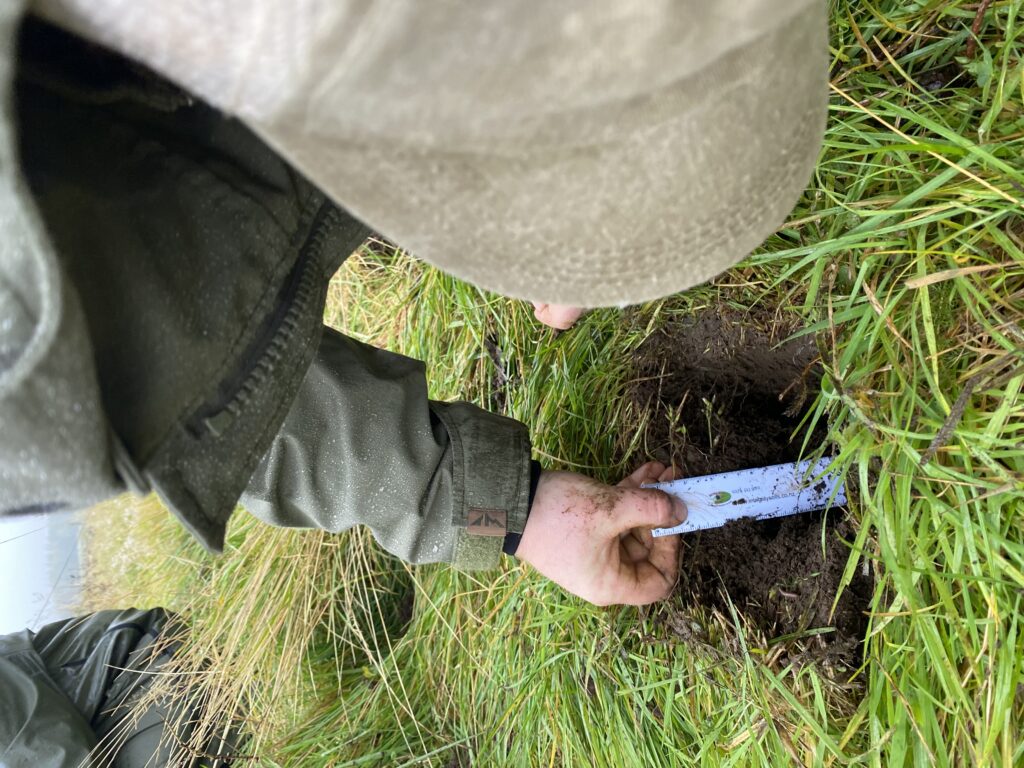 (Photo: by Membership Manager, Bryony Petty)
(Photo: by Membership Manager, Bryony Petty)
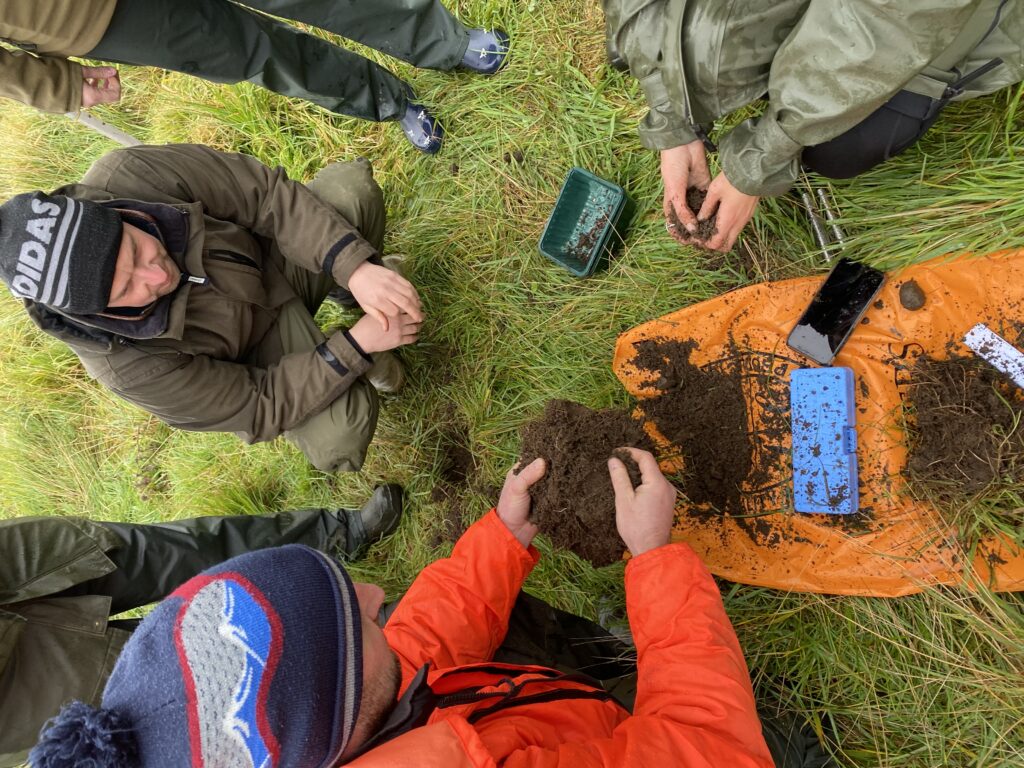 (Photo: by Membership Manager, Bryony Petty)
(Photo: by Membership Manager, Bryony Petty)
 (Photo: by Membership Manager, Bryony Petty)
(Photo: by Membership Manager, Bryony Petty)
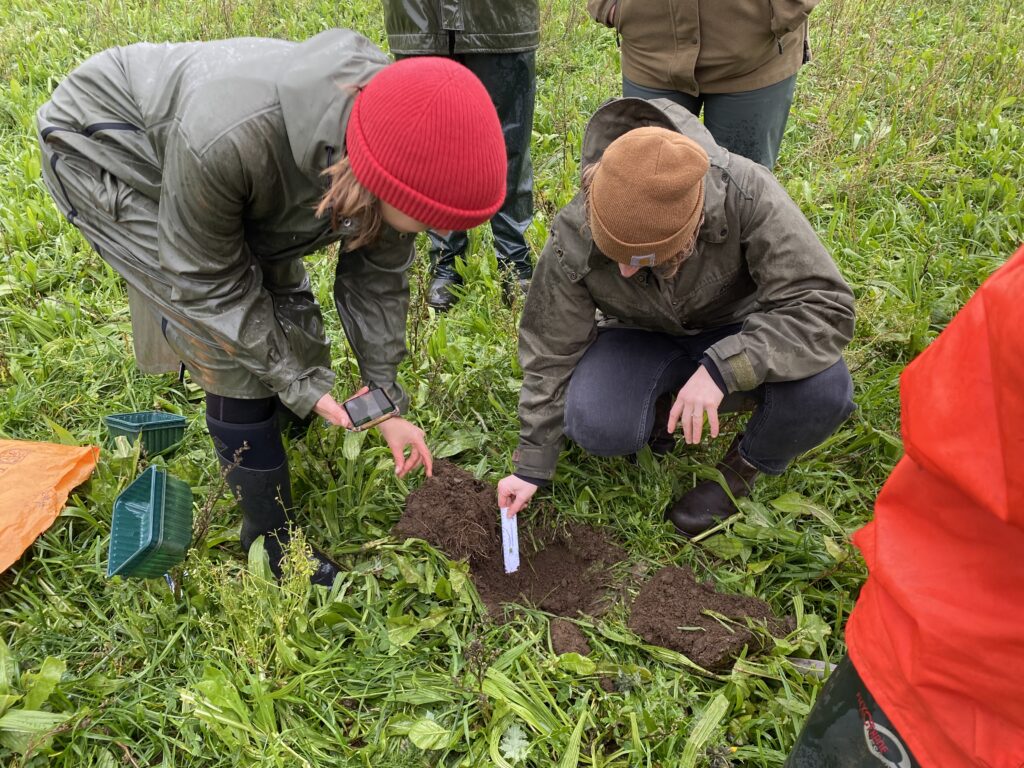 (Photo: by Membership Manager, Bryony Petty)
(Photo: by Membership Manager, Bryony Petty)
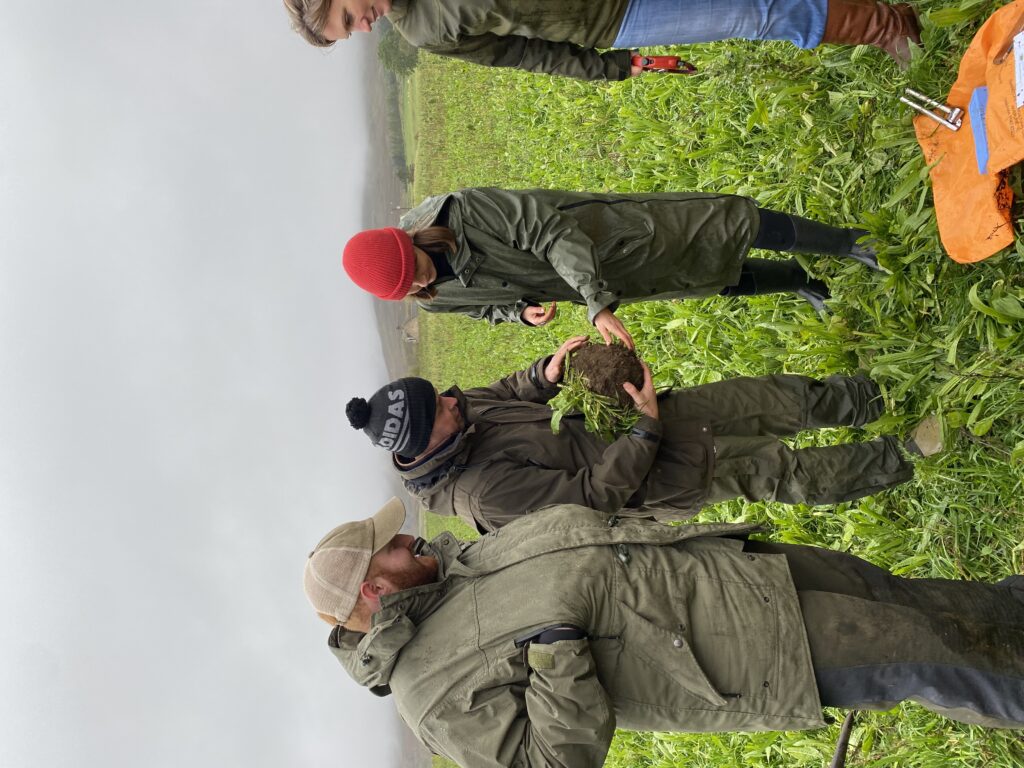 (Photo: by Membership Manager, Bryony Petty)
(Photo: by Membership Manager, Bryony Petty)
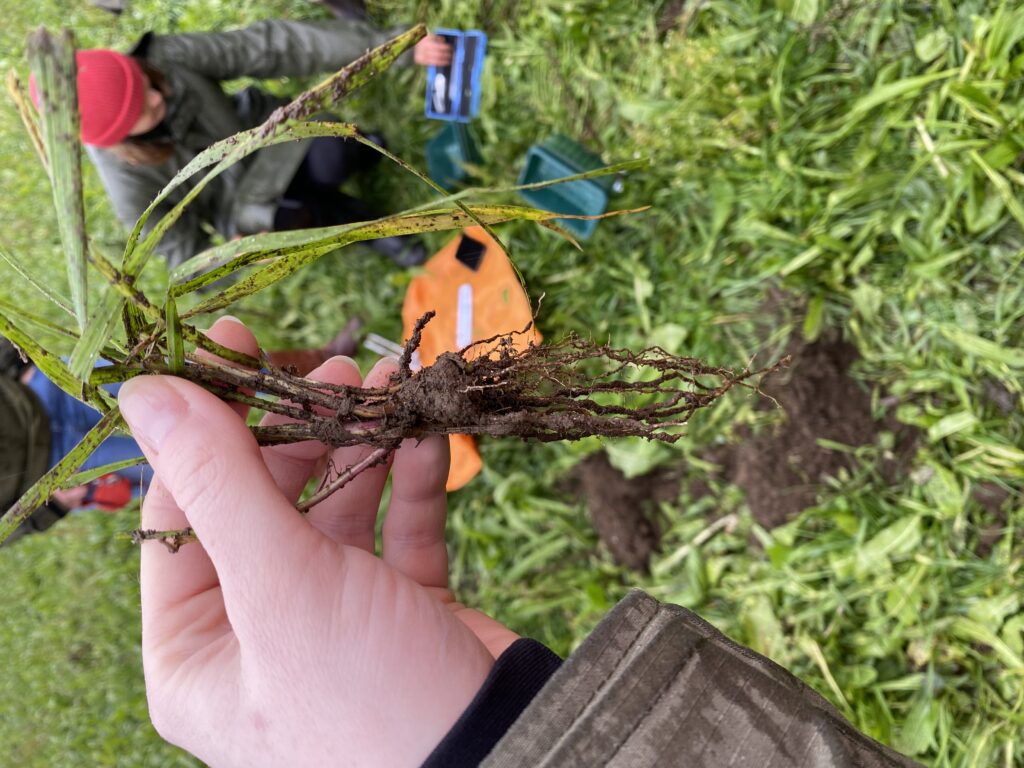 (Photo: by Membership Manager, Bryony Petty)
(Photo: by Membership Manager, Bryony Petty)
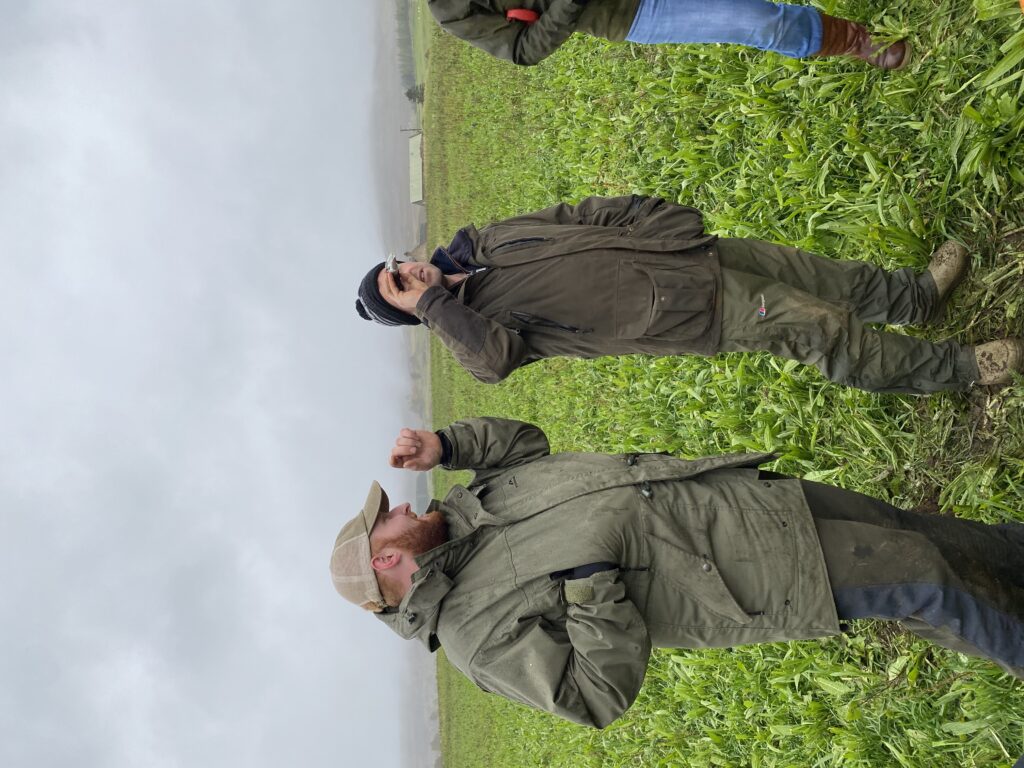 (Photo: by Membership Manager, Bryony Petty)
(Photo: by Membership Manager, Bryony Petty)
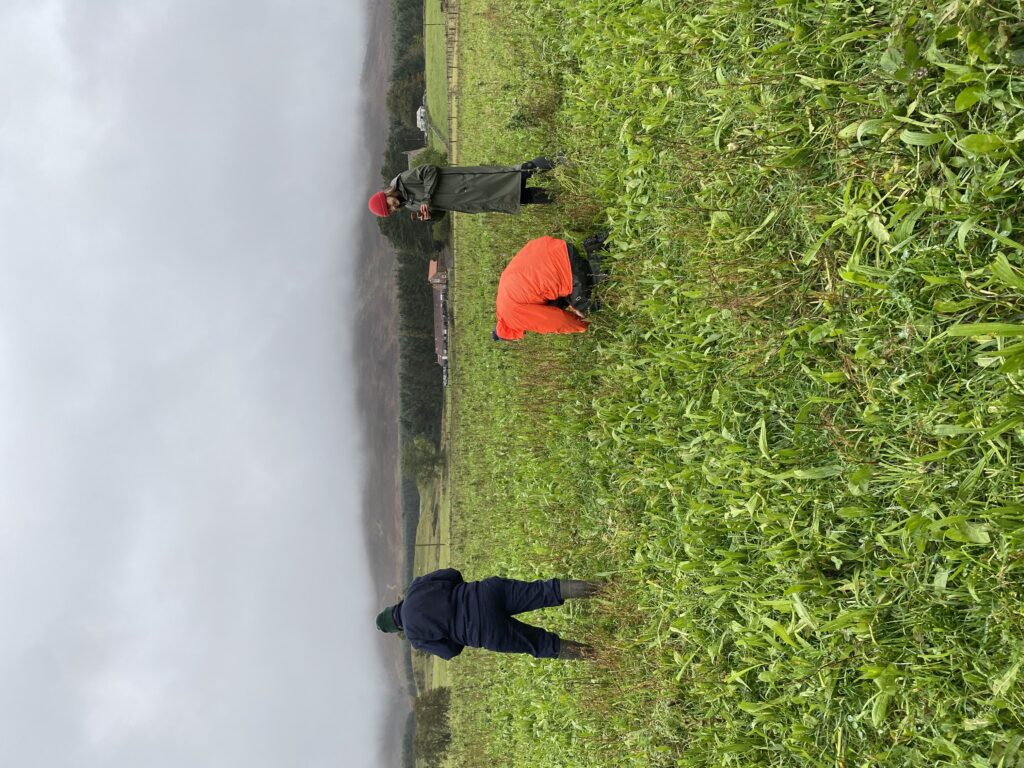 (Photo: by Membership Manager, Bryony Petty)
(Photo: by Membership Manager, Bryony Petty)
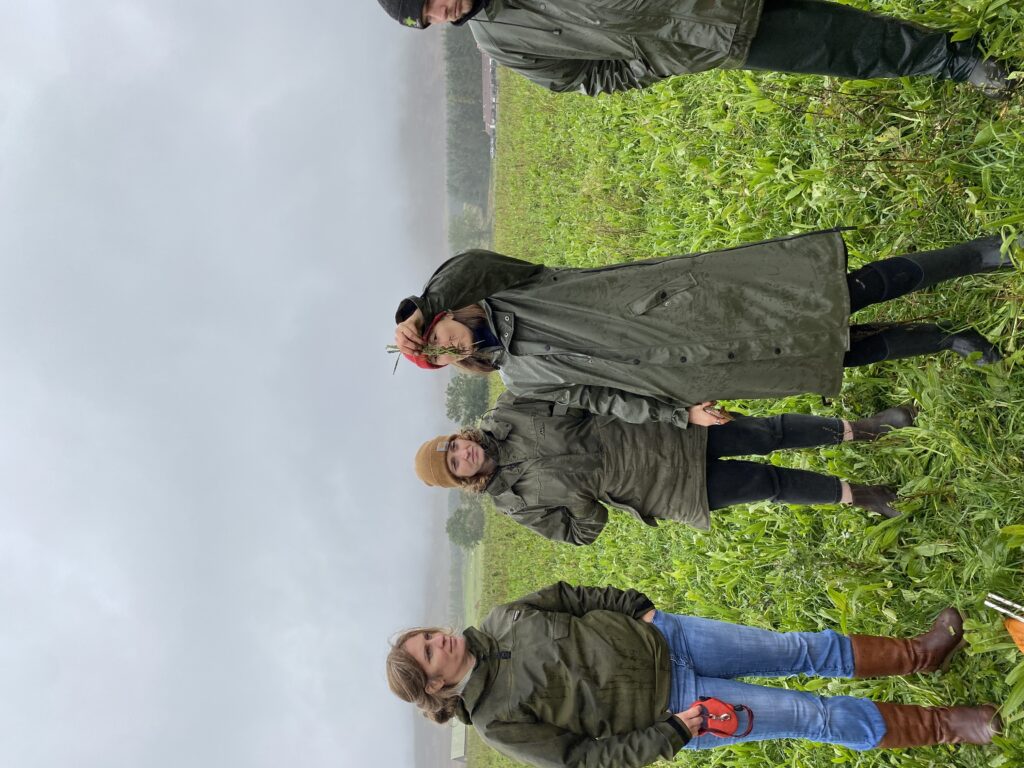 (Photo: by Membership Manager, Bryony Petty)
(Photo: by Membership Manager, Bryony Petty)
Soilmentor training in the Highlands
We were at Fearn Farm leading a workshop on using the Soilmentor app to assess and monitor soils. Included the earthworm count soil health test, we found 65 worms in one hole.
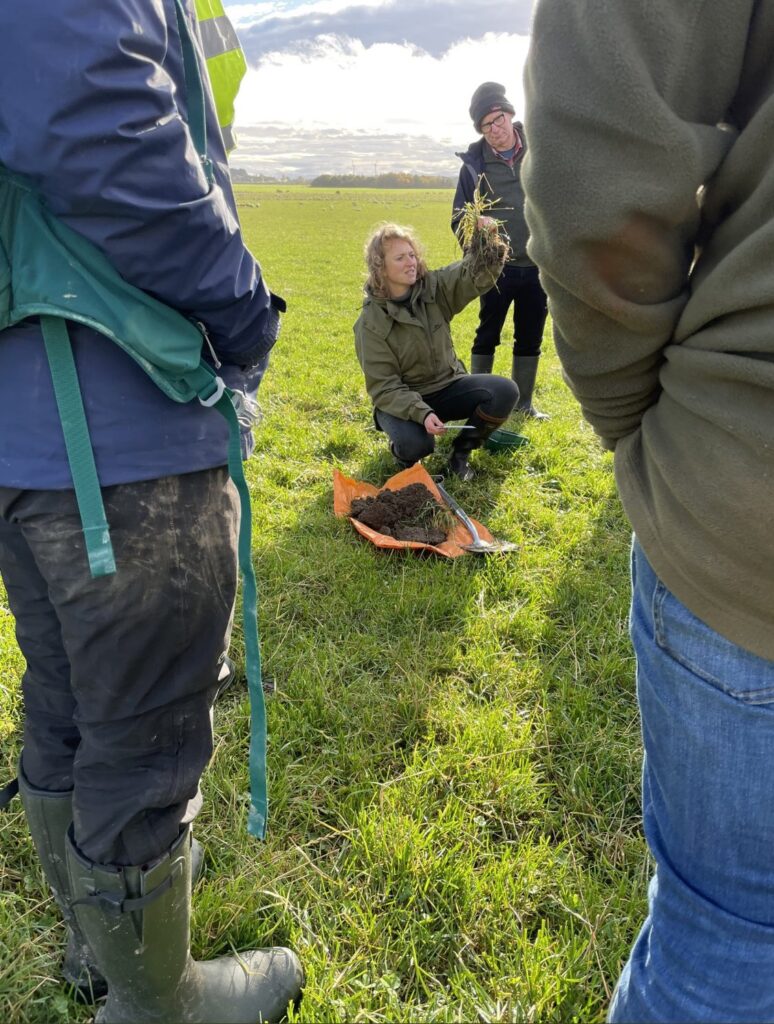
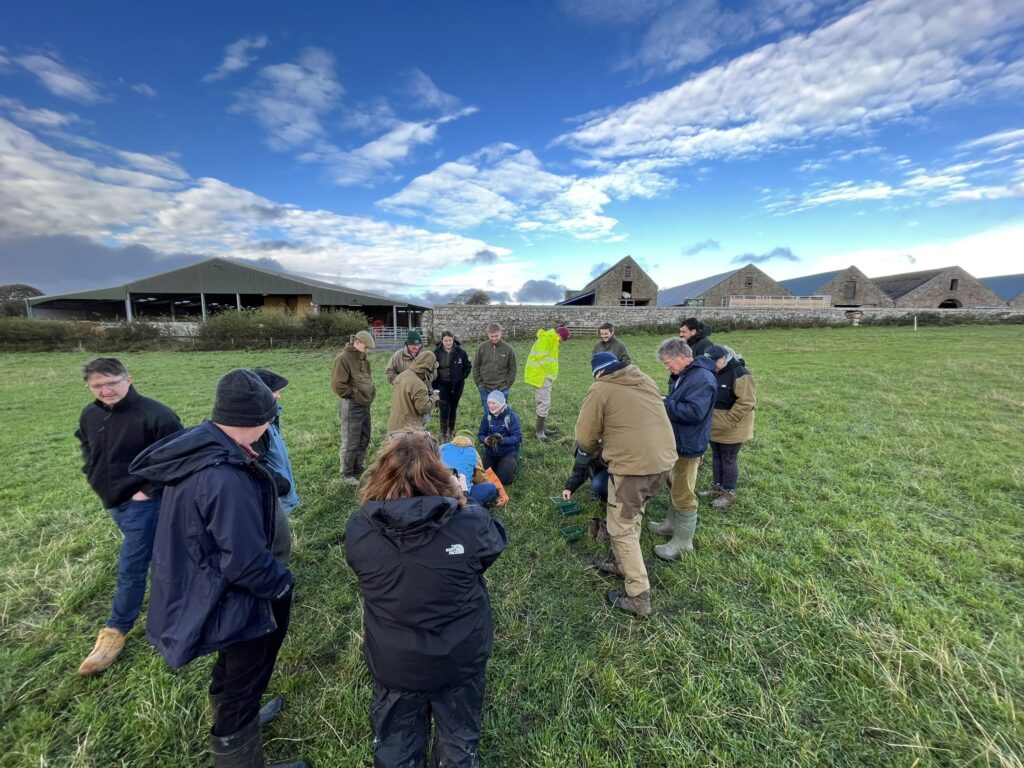
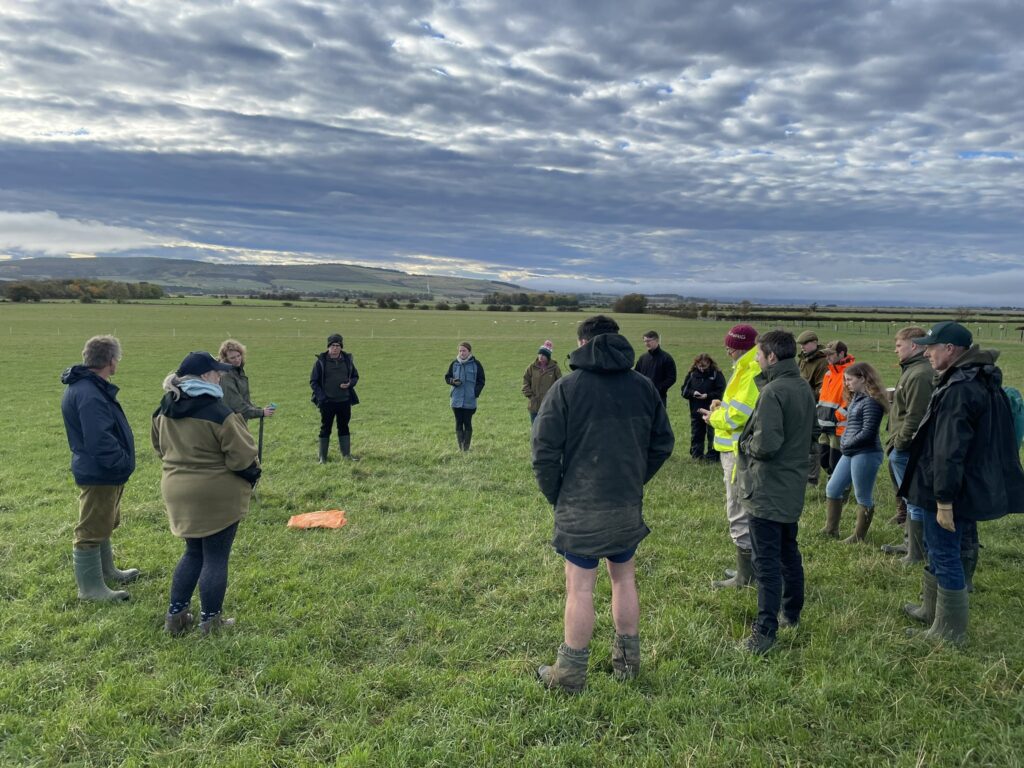
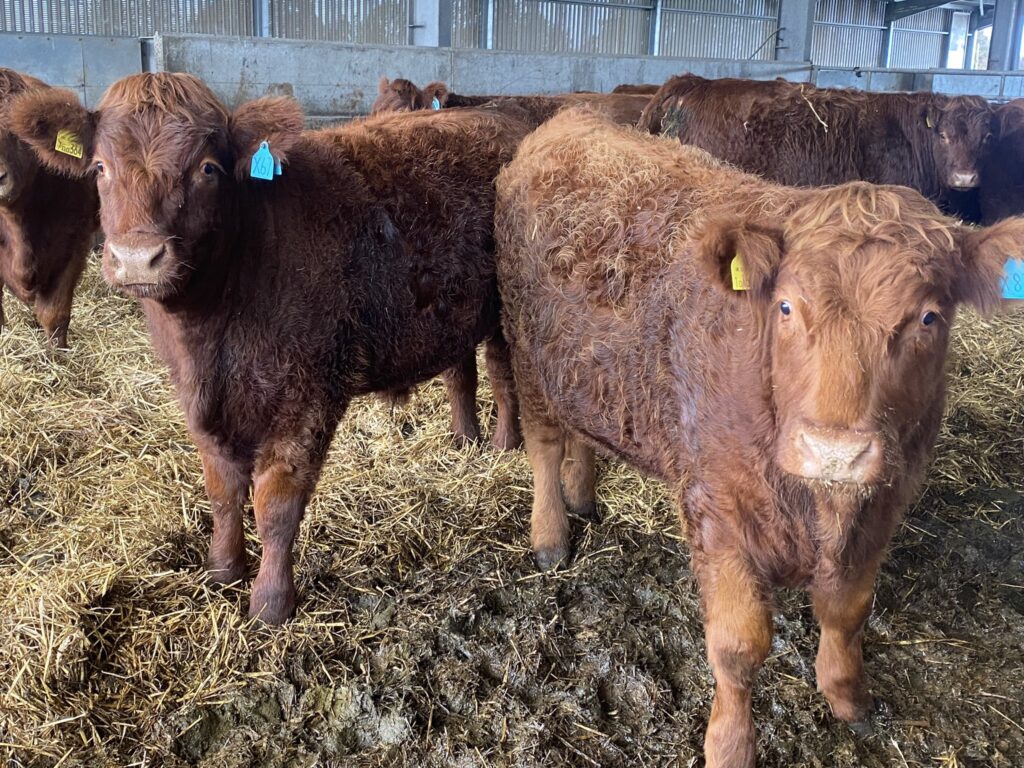
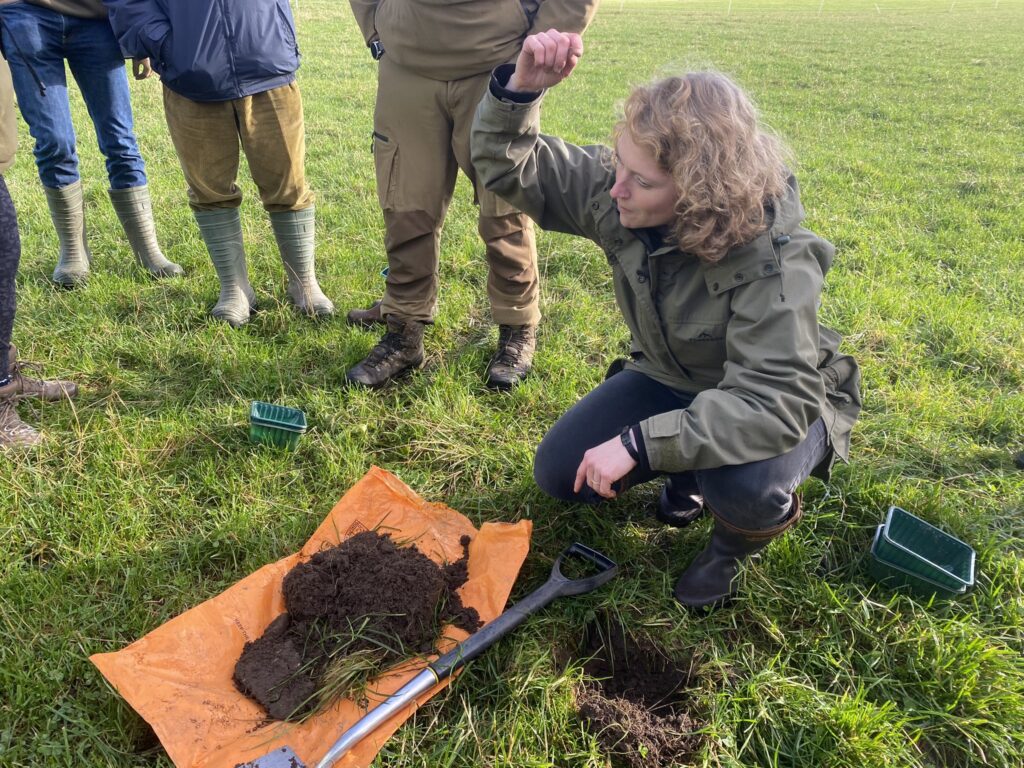
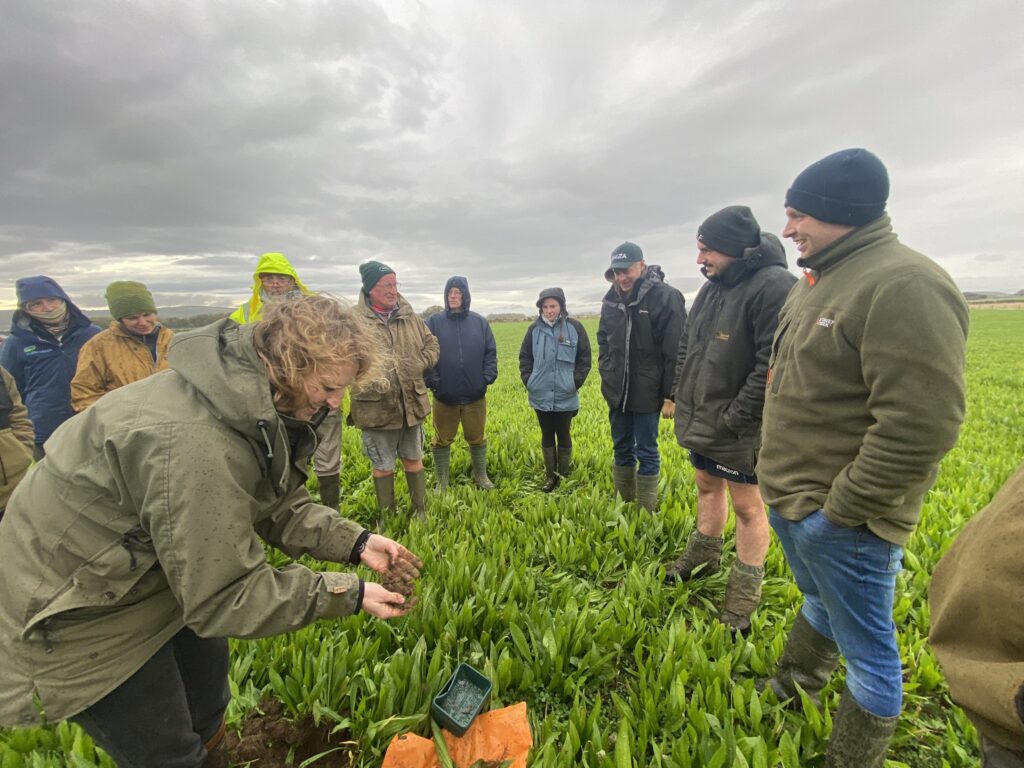
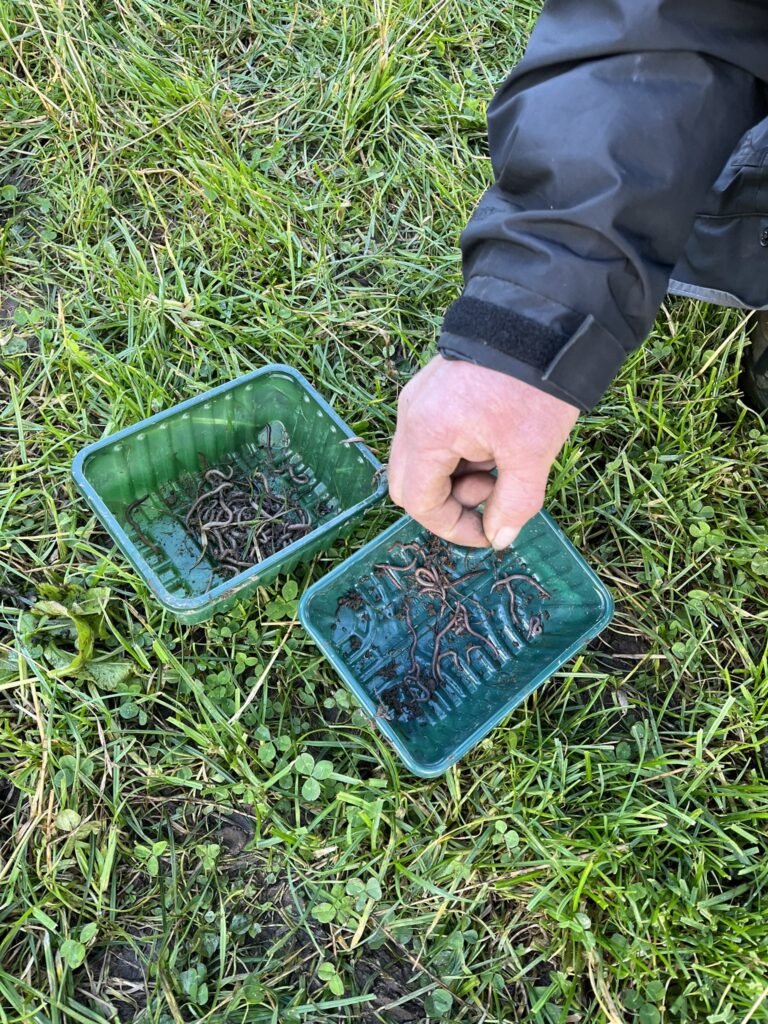
Soilmentor training in Stirlingshire
Soilmentor workshop at Gartur Farm in Stirlingshire, amazing venison chilli and salad provided by Fodder and Farm who hold long table feasts at the farm.
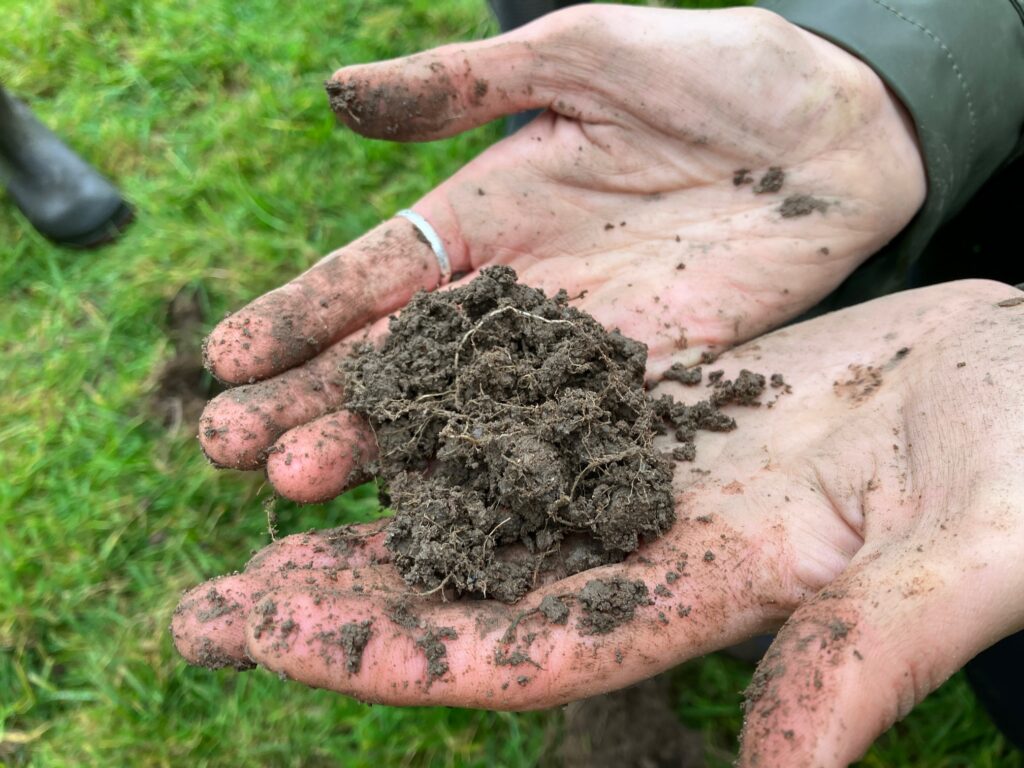 (Photo: by Scotland Facilitator, Clem Sandison)
(Photo: by Scotland Facilitator, Clem Sandison)
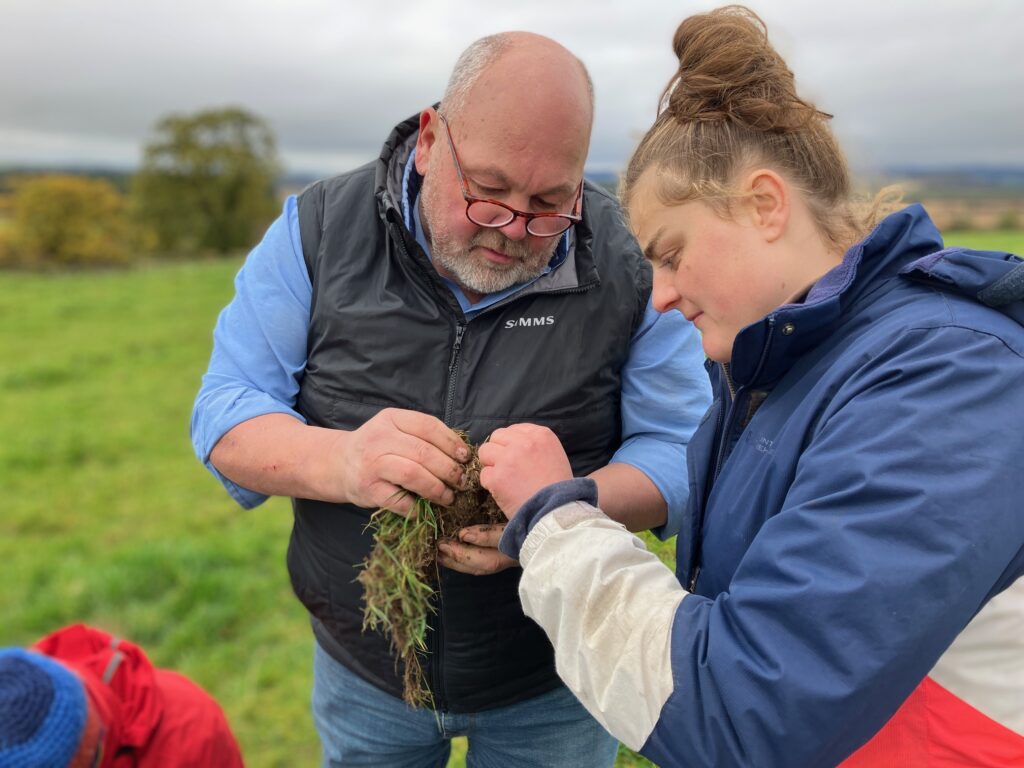 (Photo: by Scotland Facilitator, Clem Sandison)
(Photo: by Scotland Facilitator, Clem Sandison)
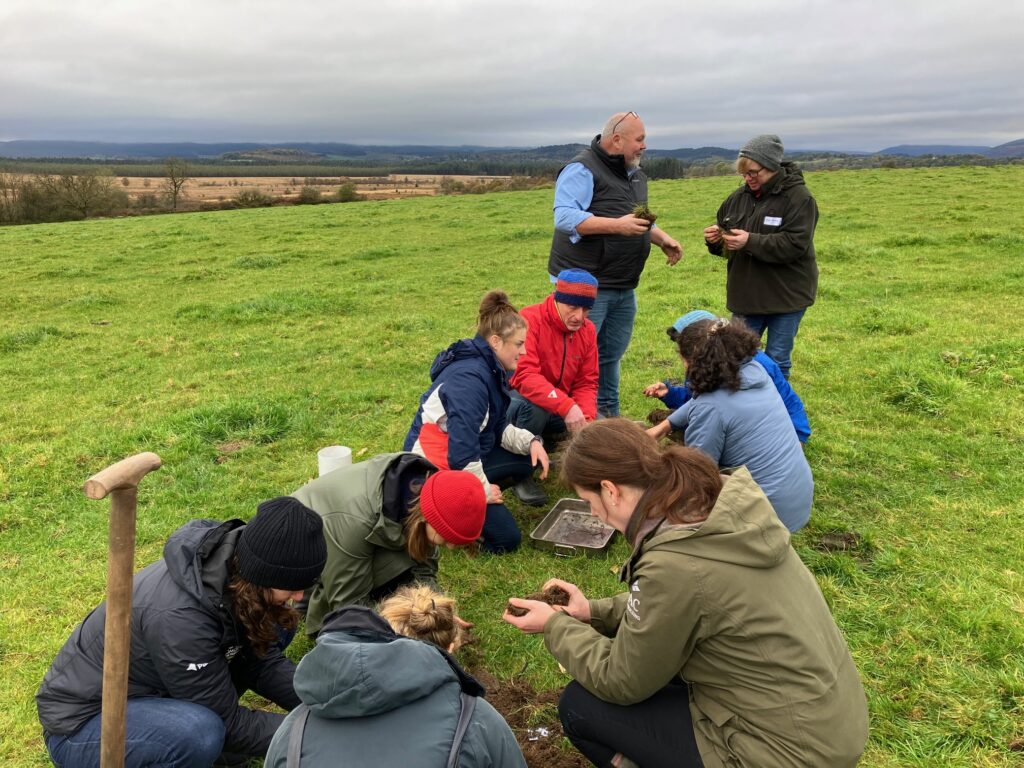 (Photo: by Scotland Facilitator, Clem Sandison)
(Photo: by Scotland Facilitator, Clem Sandison)
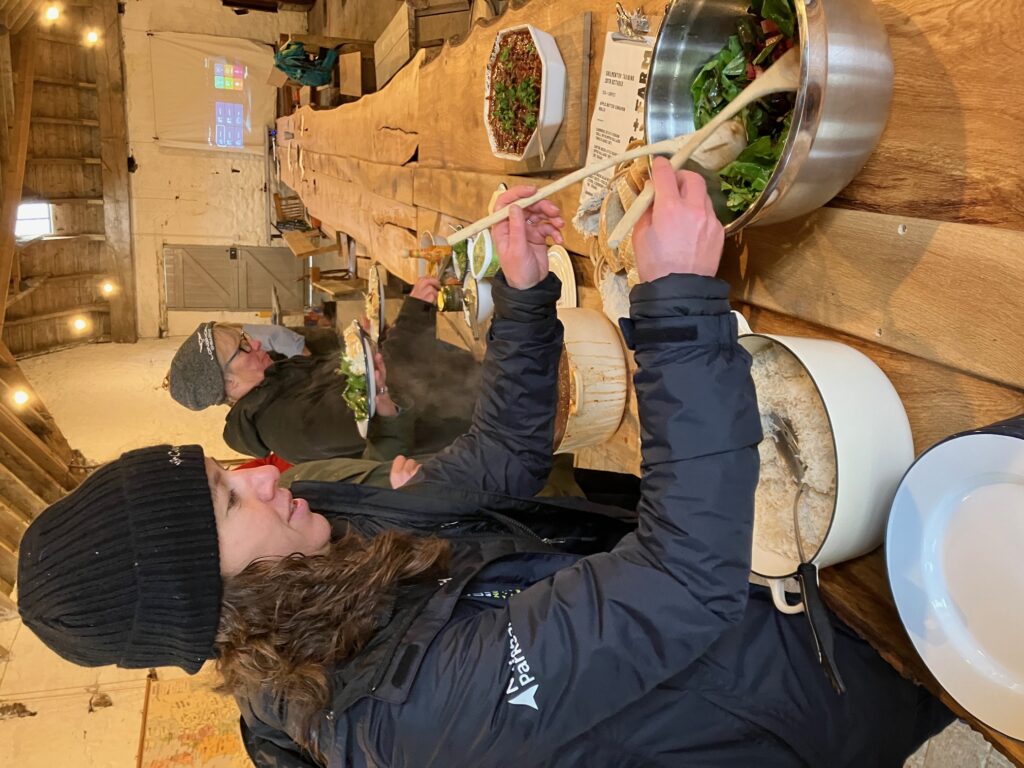 (Photo: by Scotland Facilitator, Clem Sandison)
(Photo: by Scotland Facilitator, Clem Sandison)
 (Photo: by Scotland Facilitator, Clem Sandison)
(Photo: by Scotland Facilitator, Clem Sandison)
Soilmentor training in Kent
Farmers from PfL’s “Pasture and Profit” South East programme testing the health of their soils.
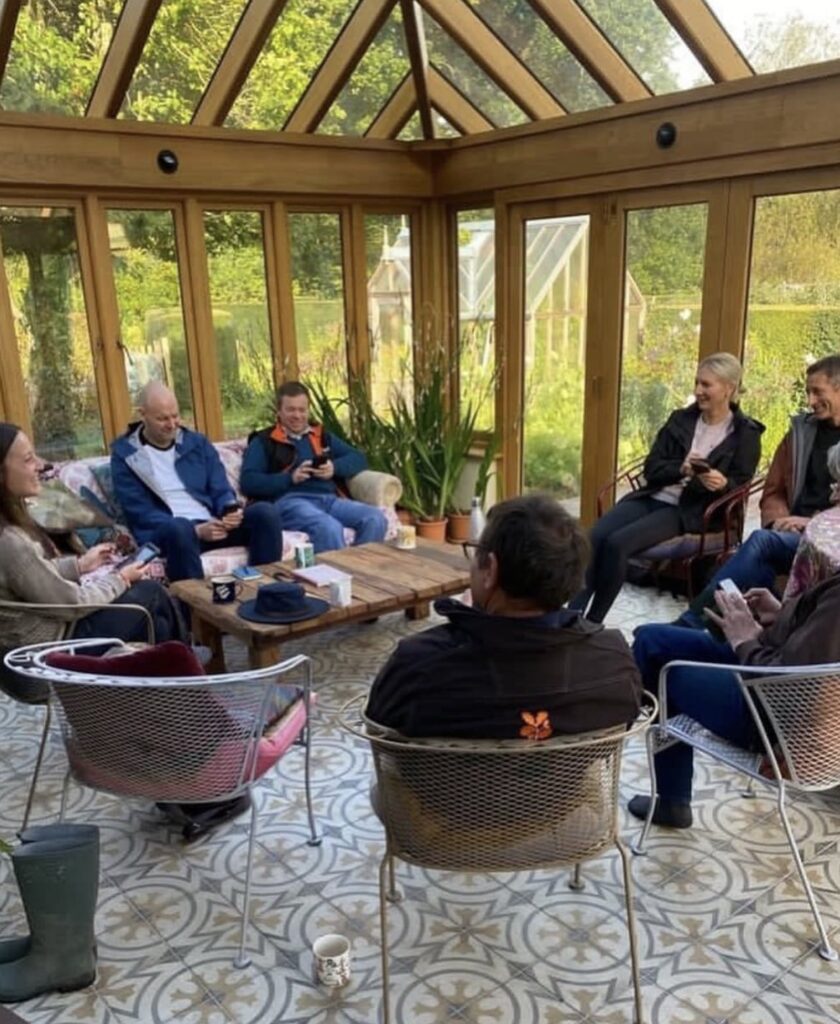 (Photo: by Programme Manager for “Pasture and Profit” South East, Deborah Barker)
(Photo: by Programme Manager for “Pasture and Profit” South East, Deborah Barker)
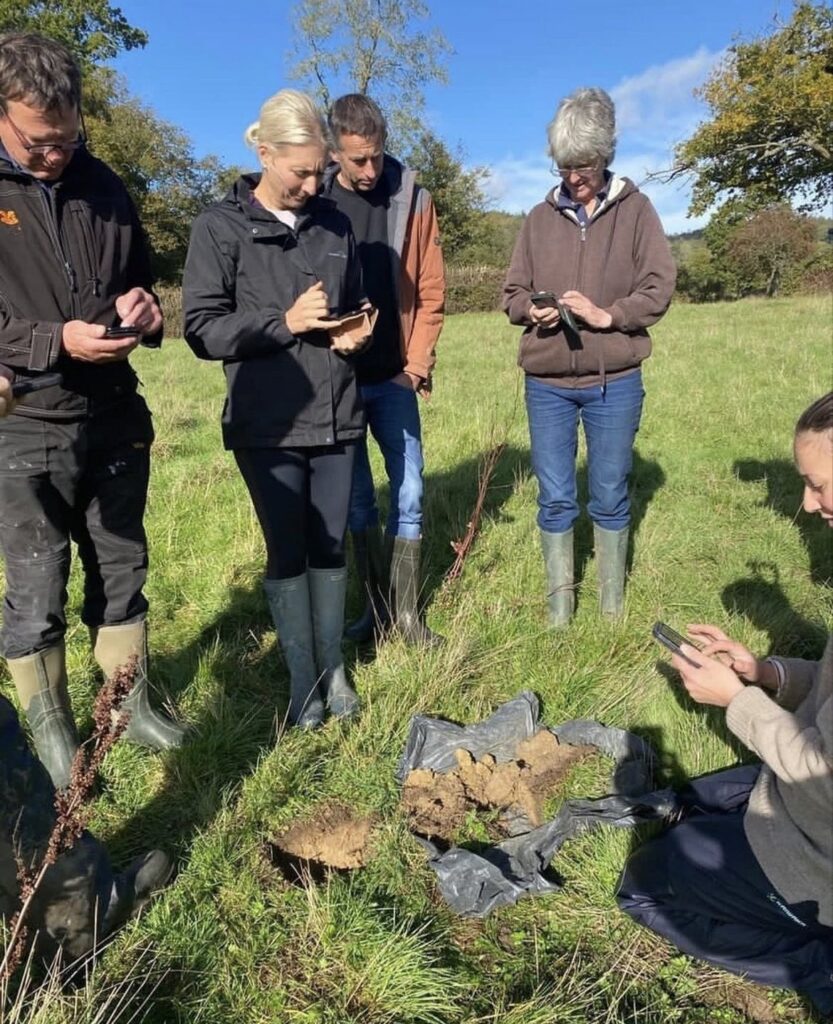 (Photo: by Programme Manager for “Pasture and Profit” South East, Deborah Barker)
(Photo: by Programme Manager for “Pasture and Profit” South East, Deborah Barker)
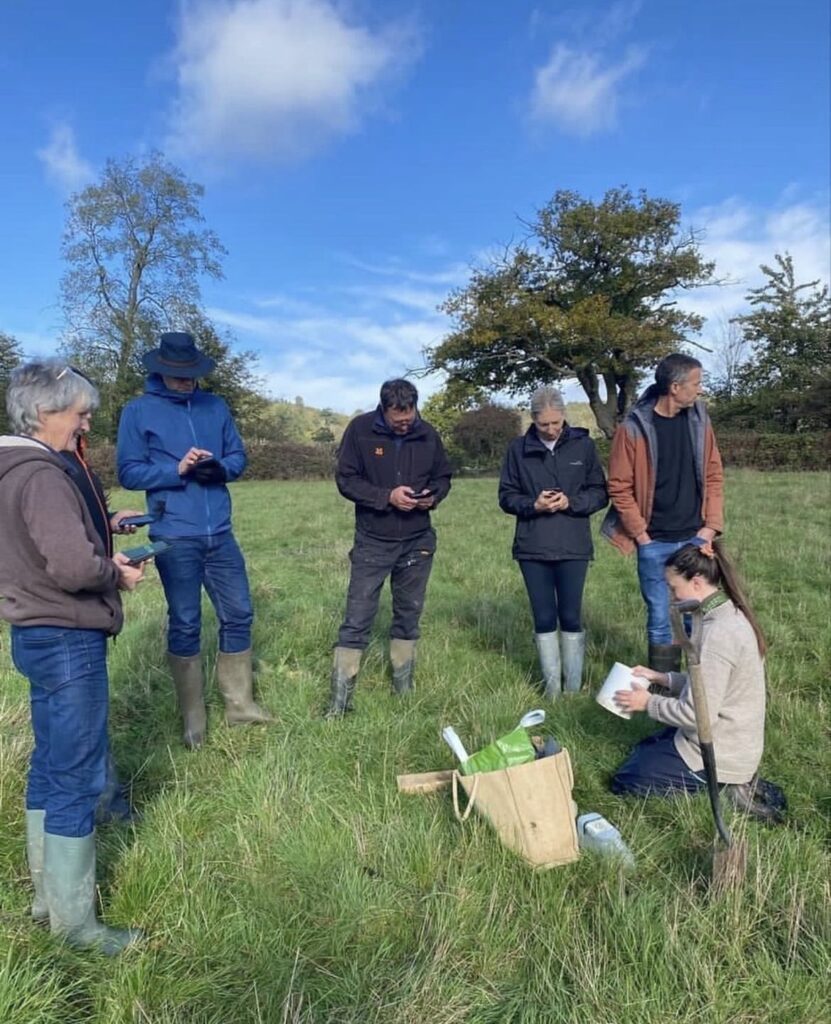 (Photo: by Programme Manager for “Pasture and Profit” South East, Deborah Barker)
(Photo: by Programme Manager for “Pasture and Profit” South East, Deborah Barker)



